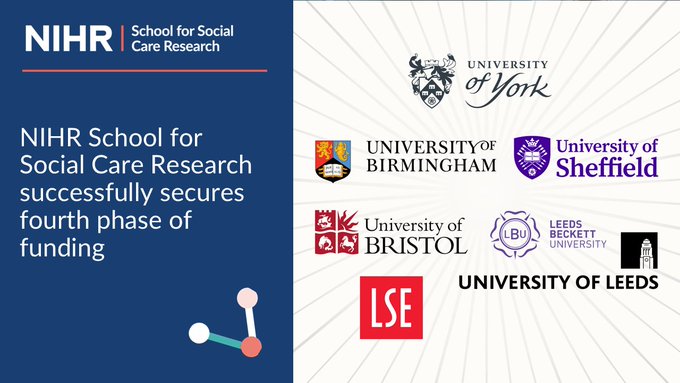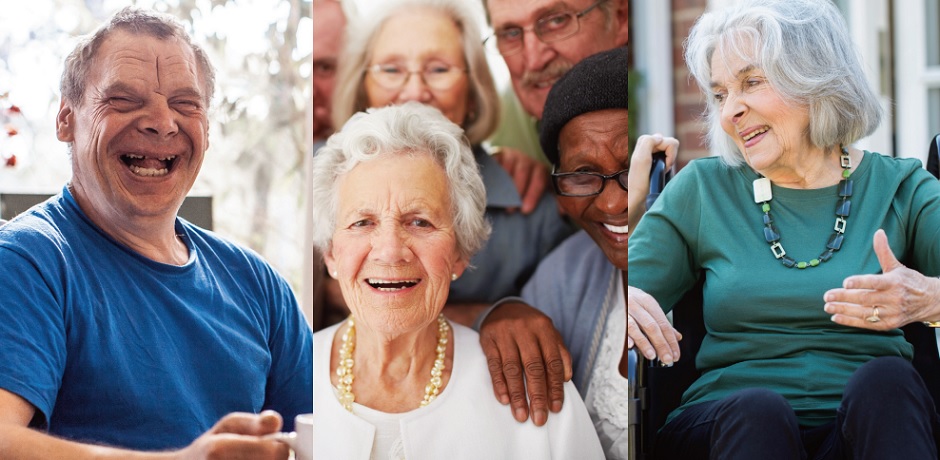)
Community connections to tackle loneliness
Nurturing community connections to tackle loneliness could help people with severe anxiety or depression, study finds
High levels of loneliness and social isolation experienced by people with complex depression or anxiety could be reduced via social interventions that complement routine care, improving mental health, research suggests.
A small trial involving 40 service users, 30 of whom received support from ‘Community Navigators’ who sought to expand their sense of belonging to social groups, produced potentially promising shifts when depression scores were analysed.
Participants, family members and professionals interviewed as part of the study were also positive about the programme, describing it as addressing an area of need that was too often under-prioritised by mental health services.
“Loneliness is a chronic condition rather than a crisis, and as such is rarely made a priority – and is perhaps something clinicians don’t feel they have particular expertise in helping with,” said Dr Brynmor Lloyd-Evans of University College London, who led the study
The scale of the trial meant it did not demonstrate he effectiveness of the intervention. But the results support the need for a future, larger evaluation, which could also assess cost-effectiveness.
“It reveals high levels of loneliness among people using mental health services, suggests this is not well addressed within routine care and that a specific programme for loneliness can really add something,” Dr Lloyd-Evans said. “It also suggests that the Community Navigator intervention is really welcomed by service users and can be evaluated robustly in a trial in a mental health setting.”
Co-production approach
The research set out to develop a programme to reduce loneliness among people with anxiety or depression, who were being treated in secondary mental health services.
People with mental health problems are particularly susceptible to loneliness, which unlike social isolation is subjectively experienced and relates to the quality as well as quantity of people’s social interactions. Loneliness is associated with poor recovery from mental ill-health.
The study also sought to gauge the programme’s acceptability to service users and professionals and establish the feasibility of further evaluation.
The programme, which ran between February 2016 and May 2018, first of all involved developing the Community Navigator remit, via a co-production approach, and recruiting people to the role.
“It was unclear where the relevant expertise to make interventions around loneliness lay,” Dr Lloyd-Evans said. “So we drew on the experience of service users, that of practitioners working within services, and academic researchers who can use the existing body of knowledge.”
Community Navigators were required to have mental health awareness but not a clinical background – instead they typically brought experience from community engagement roles.
Their core work involved helping people develop new social connections, and to revive or develop existing social relationships with the aim of reducing feelings of loneliness.
This entailed supporting participants with mapping their social world via discussion and visual representation exercises. Community Navigators then assisted service users to carry out a personalised plan to grow their social relationships and nurture positive social identities.
Positive signs
Outcomes based on participants’ loneliness and depression scores both indicated positive potential.
Within the intervention group, the scores fell from 11 to 9 (loneliness) and from 21.6 to 16.4 (depression). This compared with shifts from 10.5 to 10 and 21.1 to 18.8 among service users who did not benefit from Community Navigator support.
These results were not sufficient to prove that the programme achieved beneficial effects. But their potential was underpinned by interviews carried out with 19 participants, three family members, seven mental health practitioners and the three Community Navigators.
“I thought this was was the perfect study to get me to interact with people, but also to do something that enjoy doing,” one participant said. Others said they had felt understood, cared about and valued, and appreciated the Community Navigators’ encouraging attitude.
Activities such as using public transport and spending time with others remained challenging for service users, requiring them to overcome low mood and apathy. But participants said that support from their Community Navigator enabled them to do so, fostering a sense of achievement where things went well.
“I knew I was going to go through quite a bit of suffering to manage to stay for three hours in my class. But I managed it and was really pleased – I’ve done two weeks now,” said one.
Researchers’ concerns that service users might be too depressed or anxious to engage with the programme proved unfounded, again suggesting demand for this kind of support. Several reported feeling improved mood, as well as reduced feeling of loneliness, by the end of the trial.
“What makes this promising is that it has the potential to be a deliverable, relatively low-cost intervention – and is one that has now been road-tested and is ready for further assessment,” Dr Lloyd-Evans said.
Full summary findings
NIHR SSCR (2018) The Community Navigators Study: Loneliness in People with Complex Anxiety or Depression, Research Findings 85, NIHR School for Social Care Research, London.
Further information
This study funded by the NIHR School for Social Care Research and led by Dr Bryn Lloyd-Evans at University College London.
















